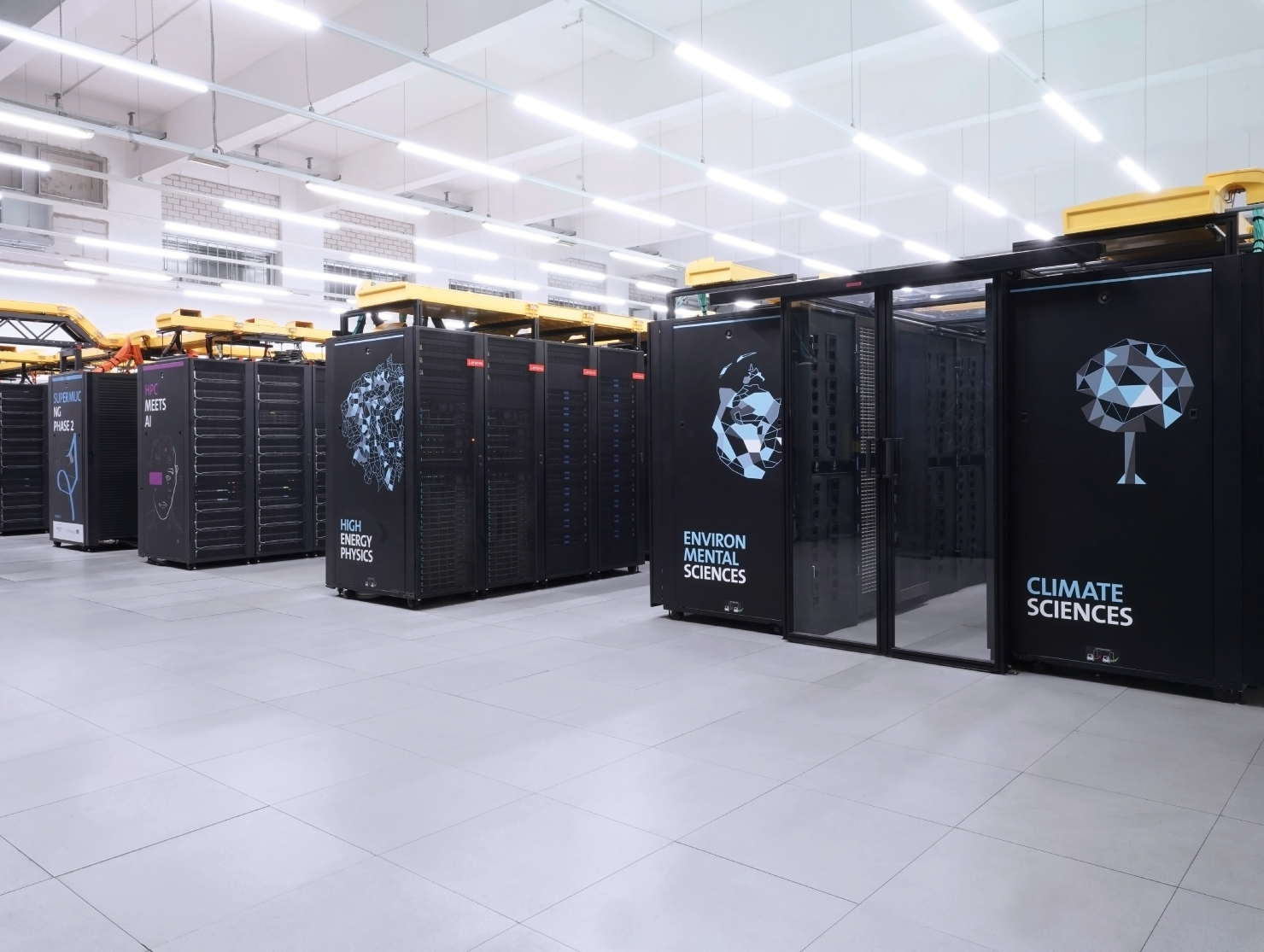


The LRZ makes pioneering simulations and Big Data analyses possible in fields such as astrophysics, climatology, medicine and engineering using powerful high-performance computers such as the SuperMUC-NG. This is why the LRZ is one of the leading supercomputing centres in Europe.
First in high-performance computing, then supercomputing: The LRZ has been developing and managing state-of-the-art supercomputing infrastructures for more than 60 years, supporting researchers with innovative technologies and bespoke solutions for complex calculations. This expertise has allowed us to establish ourselves as a reliable partner for research and, in collaboration with scientists, produce outstanding results which are also making a name for themselves on the international stage.
As an integral part of the national and European supercomputing community, the LRZ works closely with its partners at the Gauss Centre for Supercomputing (GCS), the Gauß-Allianz, the National High Performance Computing (NHR) Alliance and the EuroHPC Joint Undertaking Initiative as well as many other renowned research institutes around the world, to continuously improve and expand the technologies and methods for computer-aided scientific computing.
Analysing measured valued, developing models, calculating simulations: If research can process knowledge more rapidly and efficiently, we will be able to increase our knowledge more quickly and better solve the challenges of the present. That is why we do more than just provide scientists and researchers with high-performance technology and innovative tools so that they can reduce the time it takes to acquire knowledge from research.
More than 311,000 computing cores and a main memory of around 720 terabytes: SuperMUC-NG was launched in 2019 and is our leadership class high-performance computer at LRZ. It processes an incredible 26.9 petaflops per second or 26.9 hundred trillion (a number with 14 zeros) floating-point operations. The SuperMUC-NG is also the first system at LRZ to use graphics processors (GPU) and CPUs to enable AI processes.
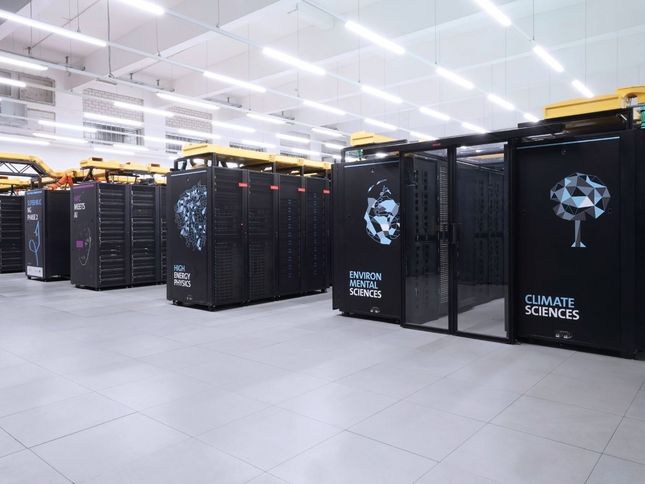
Our CoolMUC series has been a reliable resource for scientists in Bavaria for over 20 years. The fourth generation of CoolMUC was launched in December 2024: The cluster has 119 computing nodes and a total of 12,448 cores, and will soon undergo expansion using AI-capable processors. This allows researchers to include statistical analyses in their simulation calculations and produce more scenarios much more quickly.
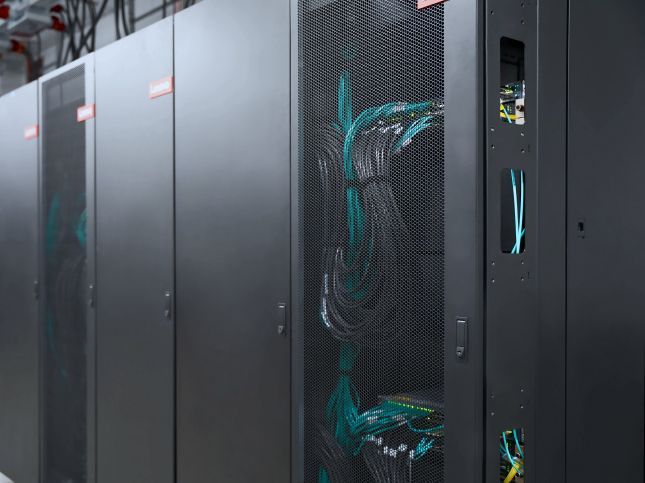
The LRZ Compute Cloud is made up of 82 compute nodes, 32 GPU nodes and one huge node. It is used by scientists who need rapid computer resources for their own services or for testing software and code. Research groups can also create their own virtual machines (VMs) in the cloud and configure them according to their specific needs.

At LRZ, you can learn programming languages as well as how to work with high-performance systems. Above all, we focus on personal support and a comprehensive, up-to-date training programme. And it goes without saying that LRZ specialists are continuously optimising the computing power available, the infrastructure for data management and the user-friendliness of technology and tools.
We won’t leave you to fend for yourselves when it comes to our supercomputers: At LRZ, our experts will provide you with rapid, personal support and help you find the right course for learning how to use and programme supercomputers. And if you have any questions that need to be answered quickly or are looking to share experiences, we recommend attending the HPC Lounge on Thursdays at the LRZ: Meet our experts.
The experts in our LRZ application labs support researchers across various disciplines. We are available as mentors, provide support with code optimization and bring the necessary expertise in the respective domain sciences. Of course we are also active in scientific projects such as CompBioMed, ClimEx or dealii-X.
You are interested in cosmology, gravitational waves, black holes or stellar clouds? This is our team for you!
Do you specialize in molecular dynamics, medicine, quantum chemistry, genetics or materials science? Our team in the BioLab is here for you.
Are you researching fluid dynamics, combustion processes, fluid mechanics or colloids? Our CFD team is the bridge to supercomputing.
Is your research focused on seismology, weather and climate, tectonics or planetary processes? Our GeoLAB team will support you.
Do you want to apply for computing time on LRZ supercomputers? Are you wondering which software works on SuperMUC-NG or CoolMUC? You can find the answers to these and more questions by meeting with specialists and other researchers once a week at LRZ’s HPC Lounge: You will not just meet mentors from our Computational X Support team and the Application Labs, but also researchers whose topics of discussion may also be of interest to your work. Don’t forget your coffee before you enter the online Lounge.
Supercomputer, Linux-Cluster or the Cloud? The HPC Guide will help you find the right computing resources for your project as well as give you an overview of the possibilities at LRZ. It goes without saying: Our HPC specialists are on hand to answer any questions you may have and help you with your supercomputing tasks.

It’s worth taking a closer look: Every two years, the LRZ collects successful, exciting or fascinating projects and research results that have been developed using its supercomputers and publishes them in a book. The “High Performance Computing in Science and Engineering” series presents climate models, breakthroughs in materials science, simulations of the universe and its phenomena as well as research results from engineering and earth sciences, but most importantly: successful researchers and scientists. Discover the power of supercomputing – and learn about what added value LRZ-supported projects create for all of us.

Can we inspire you? You will, of course, find many more reports and news items about fascinating research results that have been created with the help of LRZ’s supercomputers and its partners. The media of the German and international HPC community will keep you in the loop, and we recommend taking more than just a cursory glance.
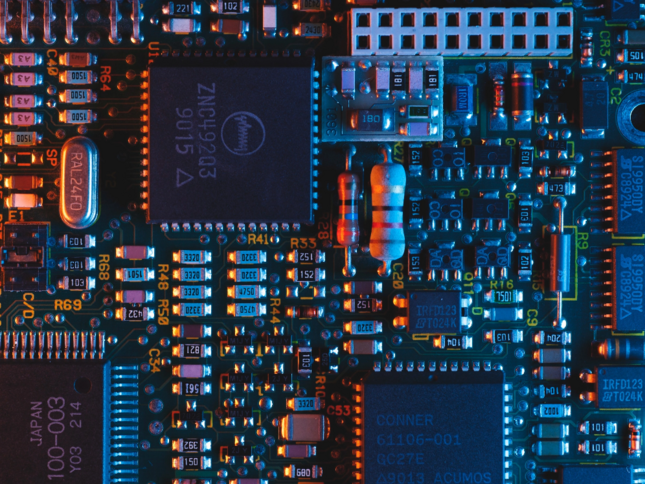
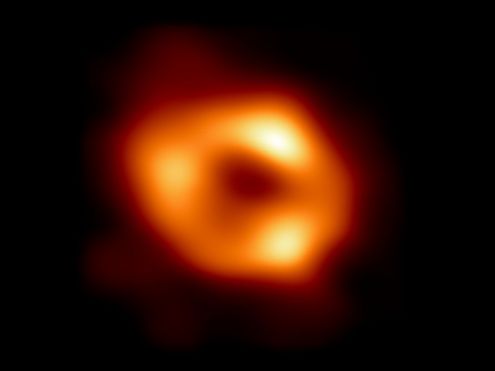
Professor Luciano Rezzolla receives the HPC Excellence Award.

BayernKI, HammerHAI, Blue Lion – LRZ had announced quite a few systems in 2024. These will be implemented at the LRZ in…
Over the last 10 years, the international CompBioMed research project has helped to ensure that doctors can now use more…
How can we help you with supercomputing? We are happy to advise you on which computer resources are the best fit for your projects and which hardware is best suited to your calculations. We train your research team to use high-performance computers, recommend suitable software and storage options and show you how to combine AI applications with conventional calculations. Put us to the test
